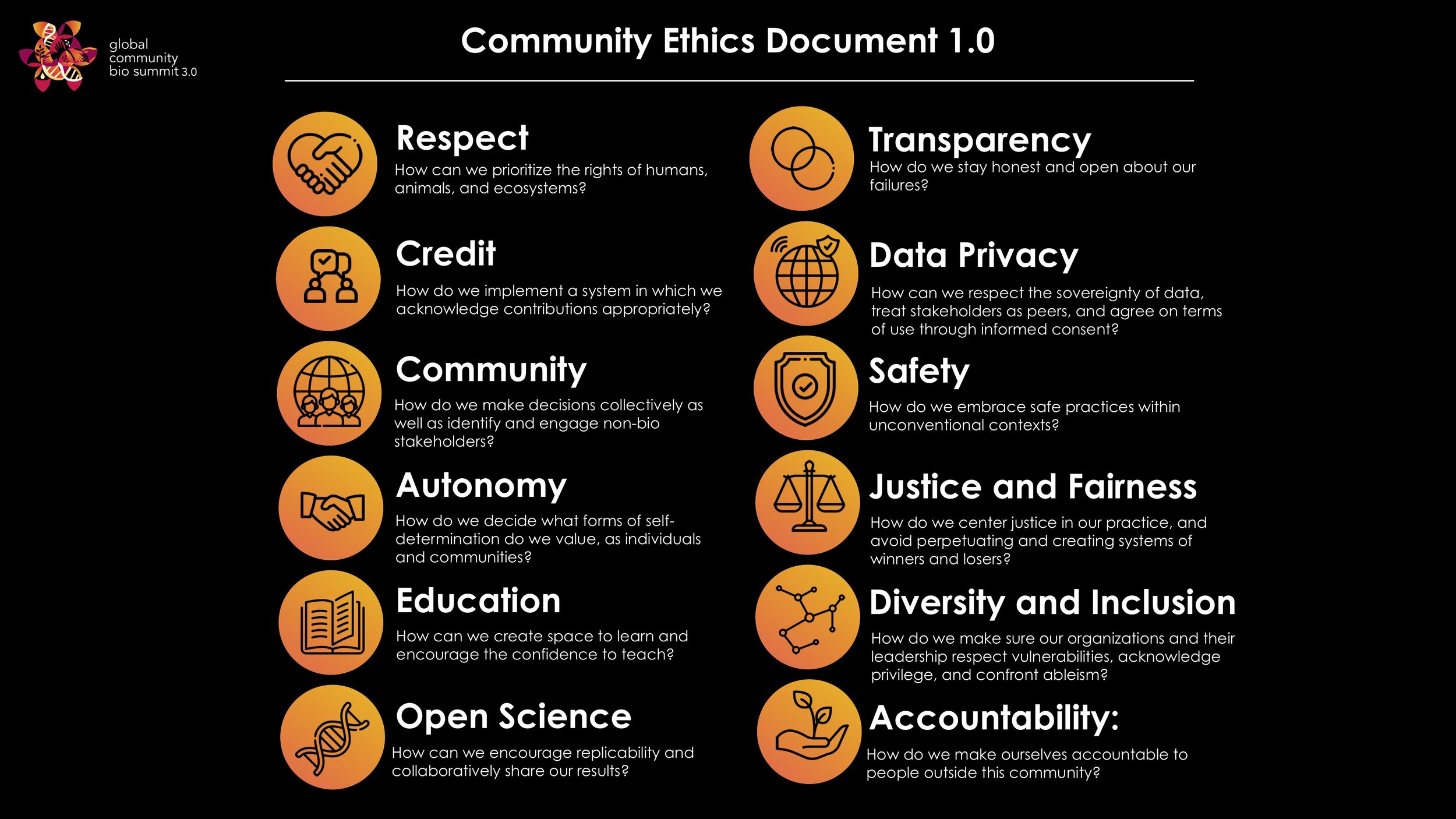What ethical oversight mechanisms best align with the priorities and preferences of biomedical citizen science communities?
Understanding communities’ ethics attitudes and oversight preferences can be useful in evaluating mechanisms that have been proposed to fill this gap.
“A cohort of pirate ships:” Biomedical citizen scientists attitudes toward ethical oversight
As biomedical citizen science initiatives become more prevalent, the unique ethical issues that they raise are attracting policy attention.
One issue identified as a significant concern is the ethical oversight of bottom-up biomedical citizen science projects that are designed and executed primarily or solely by members of the public. That is because the federal rules that require ethical oversight of research by institutional review boards generally do not apply to such projects, creating what has been called an “ethics gap.”
Working to close this gap, we interviewed 35 stakeholders in “bottom up” biomedical citizen science projects to understand their attitudes about ethics and oversight preferences. Interviewees endorsed oversight mechanisms that are voluntary, community-driven, and offer guidance, and they rejected mechanisms that are mandatory, hierarchical, and inflexible.
We concluded that expert consultation and community review models appeared to align well with our interviewees’ ethical priorities and oversight preferences. However, the specific needs of each citizen science group should guide the development and use of mechanisms in specific communities.
Please cite this paper as: Meredith Trejo, Isabel Canfield, Whitney Bash Brooks, Alex Pearlman, Christi J. Guerrini. “A Cohort of Pirate Ships”: Biomedical Citizen Scientists’ Attitudes Towards Ethical Oversight, CITIZ. SCI. (in press).
Six ethical oversight models that biomedical citizen scientists might consider implementing or adapting for projects.
What are some ethical priorities of biomedical citizen scientists?
Learn more about how practitioners define their ethical priorities in our paper.
Autonomy
Respect
Diversity
Safety
Community
Consent
Equality
Education
Altruism
Good Science
Did you know?
Biomedical citizen scientists, who are also sometimes also called independent researchers, community biologists, DIY biologists, or biohackers, have been engaged in conversations about ethics for at least a decade.
Some groups have developed their own codes of ethics or guiding ethics statements.



